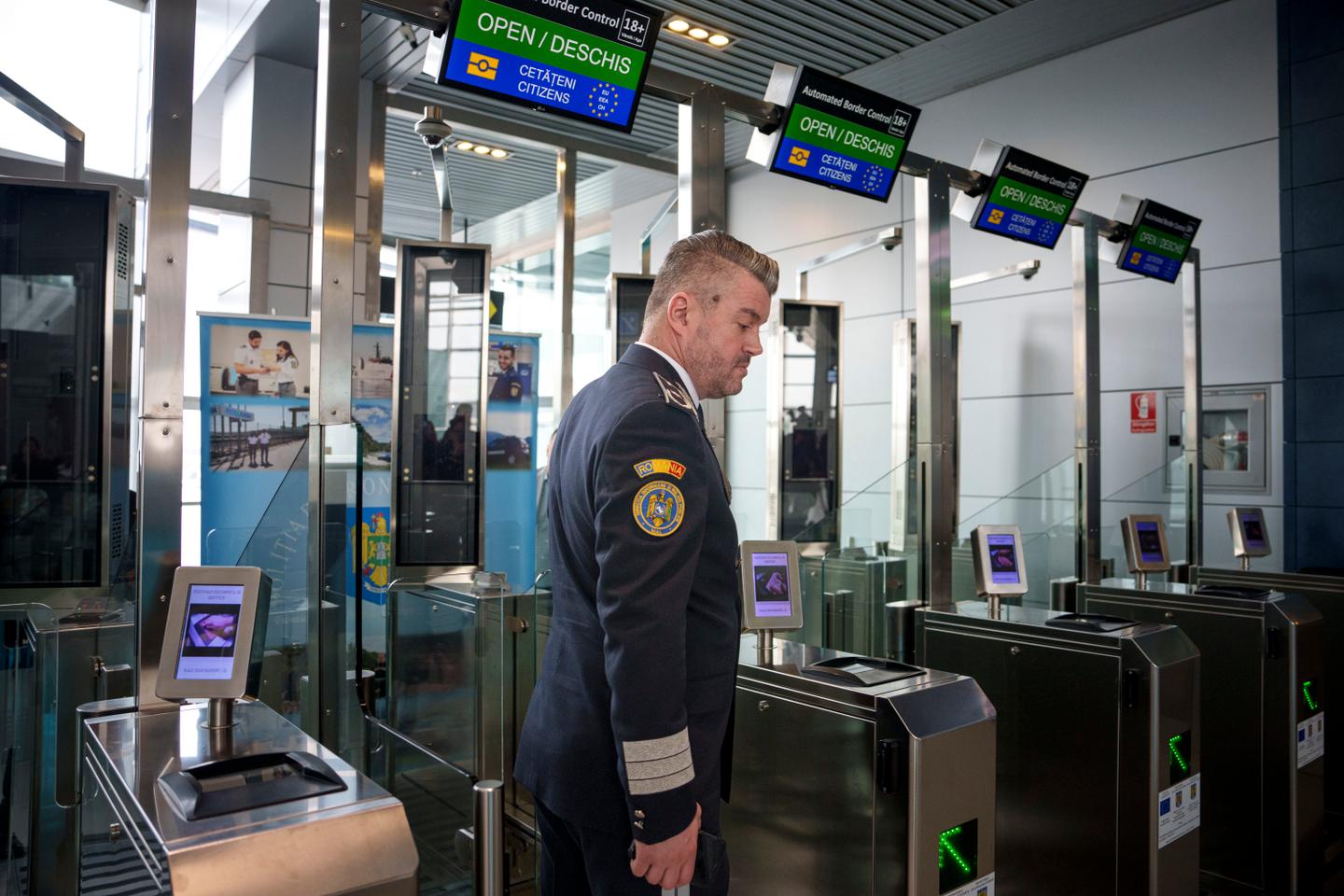Romania and Bulgaria partially joined Europe’s ID-check-free travel zone on Sunday, March 31, marking a new step in the two countries’ integration with the European Union.
After years of negotiations to join the Schengen area, there is now free access for travelers arriving by air or sea from both countries. However, land border checks will remain in place due to opposition primarily from Austria which has long blocked their bid over illegal migration concerns.
EU Commission President Ursula von der Leyen hailed the change as a “huge success for both countries” and a “historic moment” for what is the world’s largest free travel zone.
Austria vetoed Romania and Bulgaria’s admission into the Schengen zone at the end of 2022 but allowed Croatia full accession. Bulgaria and Romania joined the EU in 2007 and Croatia in 2013. Siegfried Muresan, a Romanian Member of the European Parliament, told The Associated Press that it is “an important first step” that will benefit millions of travelers annually.
Romanian Prime Minister Marcel Ciolacu called it a “well-deserved achievement” for Romania that he said will benefit citizens who can travel more easily and will bolster the economy. “We have a clear and firmly assumed government plan for full accession to the Schengen Area by the end of the year,” he said.
The EU’s executive branch, the European Commission, has said for more than a decade that Romania and Bulgaria both meet the technical criteria for full accession, which requires unanimous support from their partners. Both countries have agreed to implement random security screening at airports and maritime borders to combat illegal migration and cross-border crime.
“Bulgaria’s full accession to Schengen will happen by the end of 2024,” Kalin Stoyanov, Bulgaria’s interior minister, told reporters on Sunday. “We showed and continue to show to illegal migrants that they should not take the road to Europe through Bulgaria.”
The lifting of border control is expected to facilitate operations at Bulgaria’s four international airports, which in 2023 saw nearly 11 million passengers, according to official data. The airport in the capital, Sofia, serves as the biggest hub for Schengen flights which constitute 70% of all flights, airport representatives said.
Partner service
Learn French with Gymglish
Thanks to a daily lesson, an original story and a personalized correction, in 15 minutes per day.
Try for free
With Bulgaria and Romania joining Sunday, the Schengen zone will comprise 29 members – 25 of the 27 European Union member states as well as Switzerland, Norway, Iceland and Liechtenstein.

